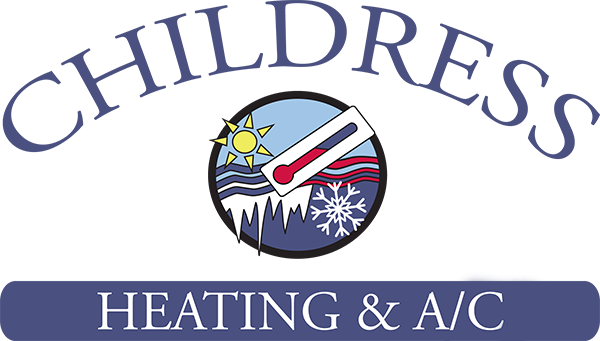Buying your first home is exciting. You’re likely juggling a dozen things or more to ensure you’re making the right choice. We believe that gaining insight into your future HVAC system is crucial. The property’s HVAC system represents a significant investment and source of potential long-term costs, which is why due diligence should be a top priority for first-time homebuyers.
In the following guide, we’ll outline seven tips for learning everything you can about a home’s heating and cooling system. And if you want a more in-depth opinion from the experts, don’t hesitate to contact Childress Heating & AC. Our staff can weigh in on your options with industry insights that are second to none.
1. What HVAC System Are You Working With?
Start by identifying what specific HVAC system the home includes. Furnaces generally last longer compared to air conditioners, and some of the latest types of HVAC systems like heat pumps boast average life spans that are even longer. Getting the details on the make and specific model gives you a clear idea of how much routine maintenance it might need.
2. How Long Ago Was the System Installed?
Another good idea is to find out how old the HVAC system is when you’re considering a potential new home. In general, HVAC systems last about 10-12 years. Learning its approximate installation date helps you prepare for any needed servicing or considerations if it might shut down for good. Older systems may be more vulnerable to problems, so planning ahead of time for a replacement unit could be necessary sooner than you thought.
3. Does the System Have a Warranty?
Don’t forget to look into whether the HVAC system is covered by a warranty. If it is, that’s great news because it can lighten the load for maintenance costs. HVAC warranties often cover parts and labor, but it’s important to note that details will vary. Don’t forget to look into any terms that aren’t familiar to make sure you fully understand your coverage and the likelihood of out-of-pocket costs.
4. When Was the Last Time It Received Maintenance?
Take a close look at the maintenance history of the HVAC system, if such information is available. This kind of information can demonstrate if the repair needs are high or how much upkeep was provided. Inquire about key tasks like filter changes, which is a positive sign indicating regularly scheduled tune-ups.
5. Do You Know Its Energy Efficiency Ratings?
Selecting a system with great energy efficiency can lead to more manageable utility bills and a smaller environmental impact. Check out the seasonal energy efficiency ratio (SEER) ratings for air conditioning and the annual fuel utilization efficiency (AFUE) for furnaces. Higher SEER ratings mean better cooling across the entire season, while strong AFUE ratings indicate that the fuel is more effectively burned for useable heat.
6. Have You Noticed Signs of Problems After Completing an Informal Inspection?
Even if you don’t have heating and cooling expertise, it’s still a good idea to inspect the HVAC system yourself. Watch closely for signs of problems that weren’t mentioned by the seller or real estate agent. This might consist of odd sounds, spots with uneven heating or cooling and attempts to cover up any serious damage.
7. Have You Asked Your Local HVAC Professional?
If you’re not quite sure about the overall state of the HVAC system, it’s never a bad idea to get input from certified HVAC technicians. They can spot things you might not, including leaks in the refrigerant, wiring issues or inefficient ductwork.
A Chat with Childress Heating & AC Simplifies Your Home-Buying Journey
Choosing your first home ought to be exciting, and Childress Heating & AC will do everything possible to ensure yours is too. Reach out with us at 540-675-4306. We can talk about how our HVAC services help make this process smoother, giving you what you need to dive into home-ownership with confidence.
